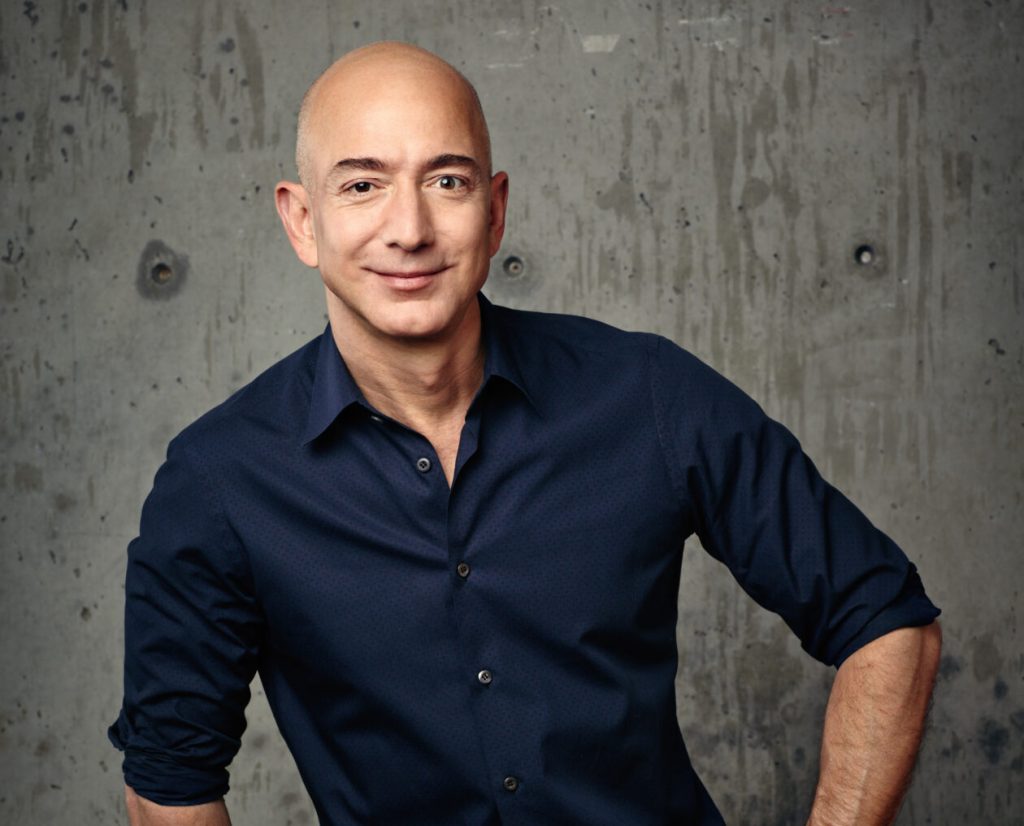Jeff Bezos, the owner of The Washington Post, recently made the decision to end the newspaper’s tradition of endorsing candidates for president. In a column published in the Post, Bezos stated that there was no quid pro quo involved in the decision to spike an endorsement of Vice President Kamala Harris. This move has sparked intense backlash, with over 200,000 digital subscribers canceling their subscriptions and numerous staff members resigning in protest. Former Post editor Marty Baron criticized the decision as cowardly and detrimental to democracy, suggesting that it may embolden former President Donald Trump to further intimidate Bezos.
Bezos defended his decision by pointing to the public’s lack of trust and credibility in the media, stating that presidential endorsements do not significantly influence election outcomes. He argued that such endorsements only create a perception of bias and non-independence. Bezos expressed regret that the decision was made so close to the election, acknowledging that the timing may have exacerbated the controversy. He also disclosed that a meeting between the CEO of his space company, Blue Origin, and Trump was scheduled without his knowledge, adding complexity to his relationship with the newspaper as an owner.
In his column, Bezos admitted that he is not an ideal owner of The Washington Post due to his involvement in various other companies and philanthropic endeavors. He acknowledged that conflicts of interest may arise as a result of interactions between government officials and executives from his other ventures. Bezos characterized The Post as a “complexifier” for him, implying that his ownership complicates the newspaper’s editorial decisions and operations. Despite this, he expressed a commitment to upholding the paper’s credibility and independence, emphasizing the importance of principled decision-making.
The decision to cease presidential endorsements reflects Bezos’ belief in the importance of journalistic integrity and objectivity. By eliminating endorsements, he aims to enhance the paper’s credibility and reputation, particularly at a time when media trust is low. Bezos urged the public to focus on the quality and accuracy of reporting rather than the newspaper’s political affiliations. He emphasized that the decision was motivated by a desire to uphold journalistic principles and maintain the paper’s reputation for independence.
While Bezos faced criticism for ending the endorsement tradition, he maintained that it was the right decision for the newspaper’s integrity. He acknowledged the challenges of balancing his ownership with The Post’s editorial independence and pledged to navigate potential conflicts transparently. Bezos’s handling of the controversy surrounding the decision to halt endorsements highlights his commitment to journalistic ethics and the importance of maintaining public trust in media institutions. He remains dedicated to upholding The Post’s journalistic standards and ensuring its continued credibility in the face of external pressures and scrutiny.












